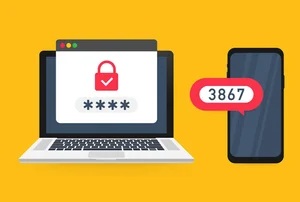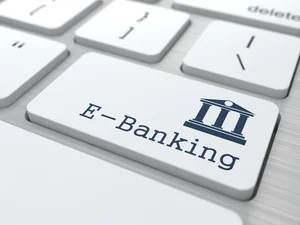
By Maria Catricala / September 02, 2022

By Maria Catricala / September 02, 2022

By Maria Catricala / August 17, 2022

By Maria Catricala / July 15, 2022

By Maria Catricala / July 01, 2022

By Maria Catricala / June 10, 2022

By Maria Catricala / June 01, 2022

By Maria Catricala / November 26, 2021

By Maria Catricala / November 22, 2021

By Maria Catricala / September 10, 2021